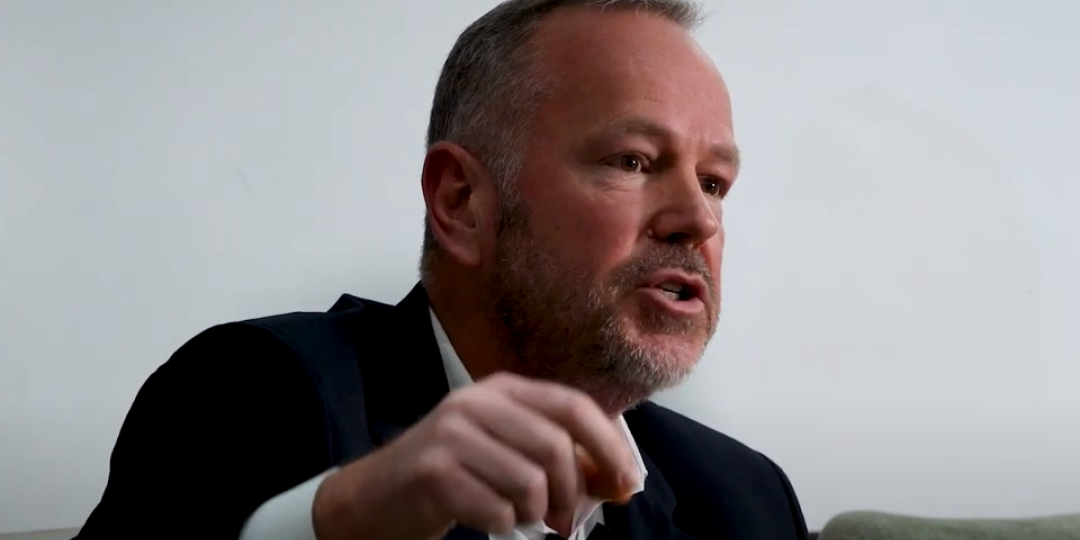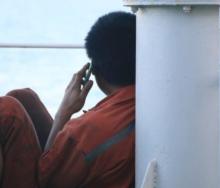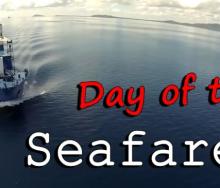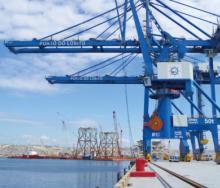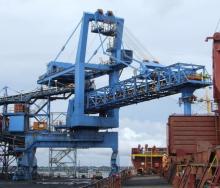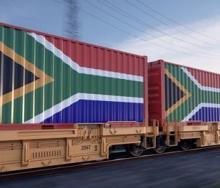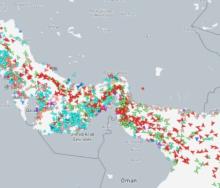Africa needs to confront its stifling non-trade barriers, and countries must home-grow or import skills if they want to develop and raise the level of intra-continental trade and reap the benefits of the African Continental Free Trade Area (AfCFTA).
That’s according to economist and Gordon Institute of Business Science (Gibs) research fellow, Francois Fouche, speaking at a Thought Leadership panel hosted by the academic institution about ongoing challenges businesses face in moving their goods across borders.
Despite the implementation of AfCTFA in January 2021, intra-regional import and export flows are still impeded by trade challenges.
“I think Africa has an enormous amount of potential,” Fouche said.
“We could be miles ahead of where we actually are – what we don't have is a good track record of collaborating across borders on the continent.
“The new Africa free trade deal, which is the biggest free trade agreement in the world if you measure it by the number of countries, which is a 54 out of the 55 on the continent (only Eritrea is excluded) has a lot of potential.
“It’s a good idea … it's one of the best ideas that Africa has ever had (and) we should be cognisant of the fact this idea has been coming along for more than three decades,” he said.
However, he emphasised the problem was that many small businesses had anticipated that once it was implemented, it would immediately open up the market and make it a “wonderful easy place” to buy and sell goods.
But this was not the case as it is not import tariffs that prevent the continent from trading more with itself.
“It’s really a non-tariff story. The import tariffs in intra-Africa trade are not particularly high, just slightly into double digits.
“Let's just say we were to remove them from 9.5-10.5% to zero over the next seven to ten years. Is that going to make a significant difference in terms of whether we trade more with our neighbours?”
“The fact of the matter is no it will make … a very small difference. What will make a significant difference, what will change the landscape completely, is the non-tariff barriers – the ability to get your goods to the port.”
In this regard, Fouche also stressed the importance of efficient transport infrastructure, roads, rail, the processing time and the money that it costs to cross the border, and the necessity of having this process repeated on the other side of the border.
Basically, it boils down to improving the supply chain means of moving goods across Africa, Fouche said.
More importantly, making it as easy as possible for cross-border trade flows.
“When we trade with (Africa’s) previous colonial partners, the hurdles at those borders are much lower than the hurdles that we have with our African neighbours.”
He said South Africa’s economic complexity has declined significantly over the past 30 years, while the country is recognised for its agricultural ability and related produce, most of which is exported.
“We don't beneficiate a lot. We have a lower variety of diverse goods that we produce and export and they are of a less complex nature (because) over time we've chased away the skills necessary to produce those very complex goods.
“If we want to turn around the characteristics of our production … we need to be friendly towards skills that we don't have in the country.”
Fouche said this could be done by spending ten years to develop skills locally or by importing them under stringent conditions to establish a new industry as successful countries like New Zealand, Australia, Canada and the United Kingdom have done with their immigration policies.
“But we are not doing that, so our industrial policy, our trade policy and our immigration policy are all going in different directions, and the result is we have no growth.
“We need to align policy, and we need to align leadership to take us in a certain direction. It's (become) very clear over the last few years, especially since the start of the pandemic, that the divide between business and policymakers is growing bigger and bigger,” Fouche said.
“We’re not going in a direction where we can improve our wealth of the country.”
